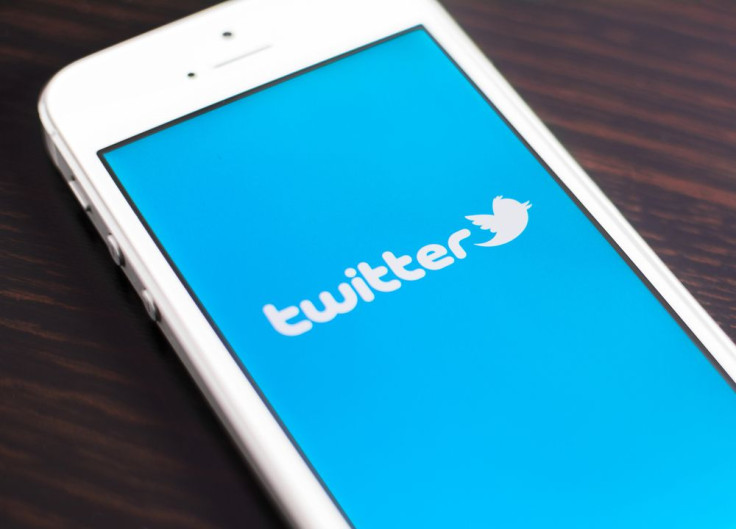Chicago Health Officials Use Twitter To Out Restaurants That Are The Source Of Foodborne Illnesses

Social media platforms have become the most popular method for sharing and receiving information at a moment’s notice. It would only make sense that national and state organizations would start to use sites like Twitter and Facebook to discuss certain issues. The Chicago Department of Public Health enlisted the help of Twitter users to identify restaurants that were the source of foodborne illnesses and to stop outbreaks before they occur.
Results of Foodborne Chicago tweets (@foodbornechi) were highlighted in the Centers for Disease Control and Prevention’s Morbidity and Mortality Weekly Report. The algorithm used by the research team analyzed tweets originating from Chicago that included the phrase “food poisoning.” Foodborne Chicago’s Twitter account identified 270 tweets complaining of food poisoning in the first 10 months of the program while the website received 193 complaints. Examples included:
Tweet: "Guess who's got food poisoning? This girl!"
Reply: "That doesn't sound good. Help us prevent this and report where you ate here (link to Foodborne Chicago and a web form to report the illness)."
Eight tweets and 19 complaints received by the Foodborne Chicago website were submitted by people who required medical attention due to a foodborne illness. The program resulted in unannounced health inspections at 133 restaurants. Of those 133 restaurants, 21 failed the inspection and were closed as a result, while 33 passed with critical or serious violations that were addressed during the inspection or received a specified timeframe to do so.
“We know that the majority of cases of foodborne outbreaks really never end up getting reported to the local health department anywhere in the country,” lead researcher Dr. Bechara Choucair told Reuters Health. “We realize the people might not pick up the phone and call the doctor, but they might go to Twitter and complain to the world that they got food poisoning from eating out.”
Although foodborne illness is a serious public health concern that results in significant health and financial costs, it is often underreported because of a lack of surveillance. The Chicago Department of Health is currently coordinating with the Boston Public Health Commission and the New York City Department of Health and Mental Hygiene to bring a similar Foodborne Chicago program to these cities.
Source: Harris J, Mansour R, Choucair B, et al. Health Department Use of Social Media to Identify Foodborne Illness — Chicago, Illinois, 2013–2014. Morbidity and Mortality Weekly Report. 2014.
Published by Medicaldaily.com



























